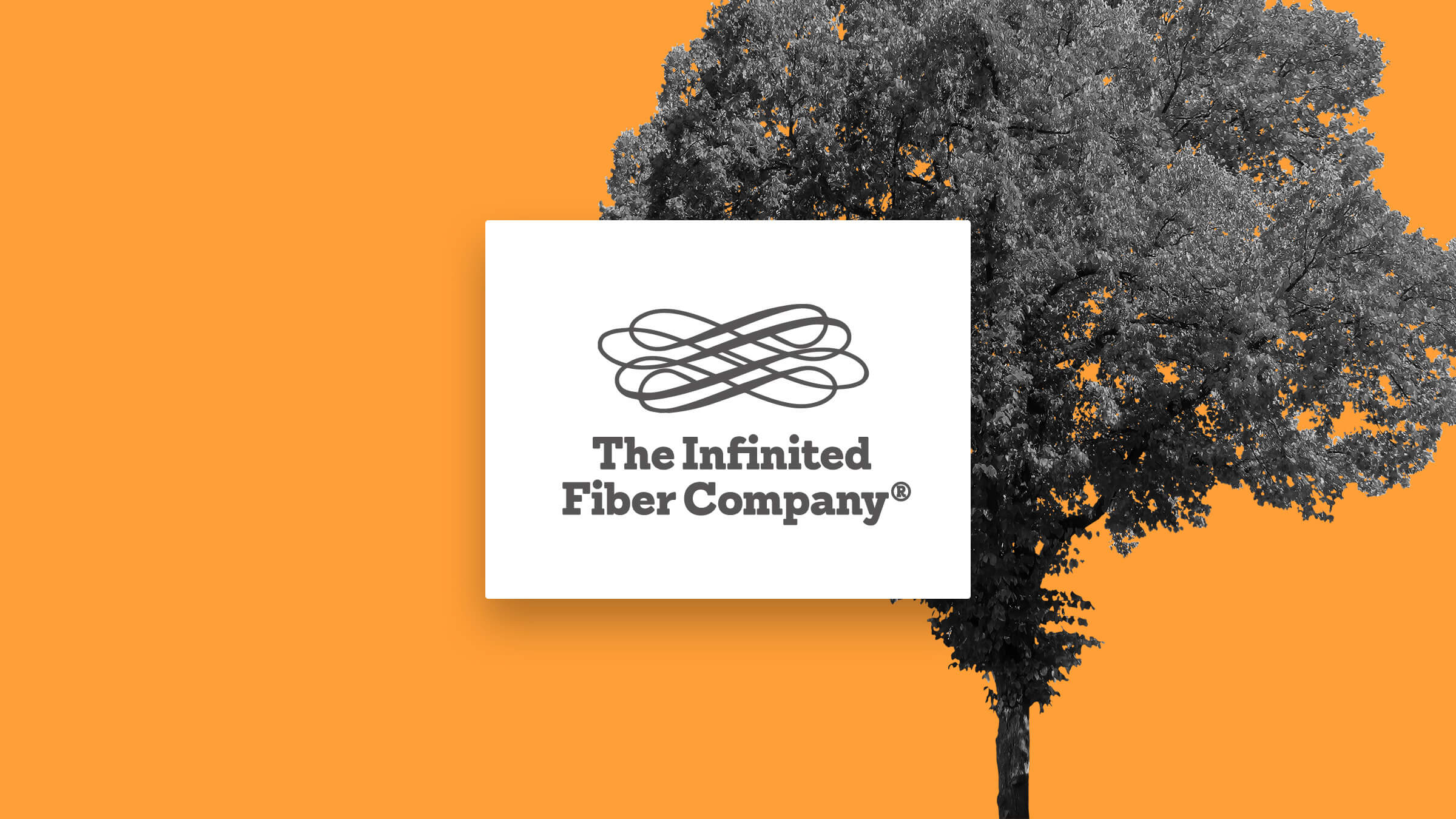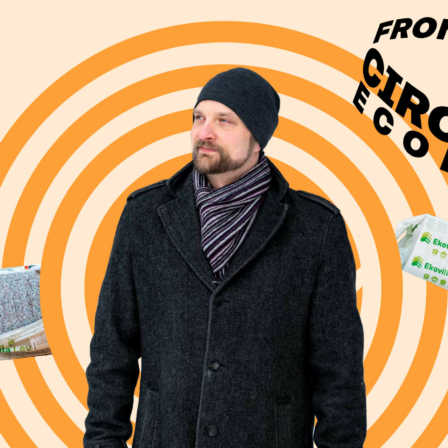Problem
The textile industry is one of the world’s most polluting industries. For example, enormous amounts of water, land and chemicals are needed for producing cotton, which results in uncertainty about the future availability of cotton fibre. Oil-based textiles, in turn, release microfibres into waterways when washed. At the same time, the useful life of clothes has become shorter and 85 per cent of textile waste ends up at landfills.
Solution: textile fibre from waste
Textile, paper and cardboard waste can be used to produce a cotton-like, soft textile fibre using Infinited Fiber’s technology. The cellulose in the raw materials is processed into a 100% cellulose solution and reshaped into ready fibre using nozzle technology. The fibre can be used to solve the environmental problems caused by textile production and textile waste disposal.
Revenue logic and benefits to Infinited Fiber
The company sells technology licences for producing fibre. The usefulness of the fibre has been demonstrated in laboratories and the next step is to start operations in a pilot plant in Espoo. The technology licence will be ready for the global markets in 2018/2019. Due to the licencing sales model, the company does not need to invest capital in all of the production facilities that make use of the technology.
Benefits to customers and end users
There is a demand for a cotton-like fibre that is produced ecologically in the global textile and consumer markets. Infinited Fiber offers considerable brand benefits to customers who are seeking more sustainable alternatives for textile fibre – customers will also be able to use the solution to ensure the supply of affordable recyclable textile in the future.

















Recommended
Have one more?